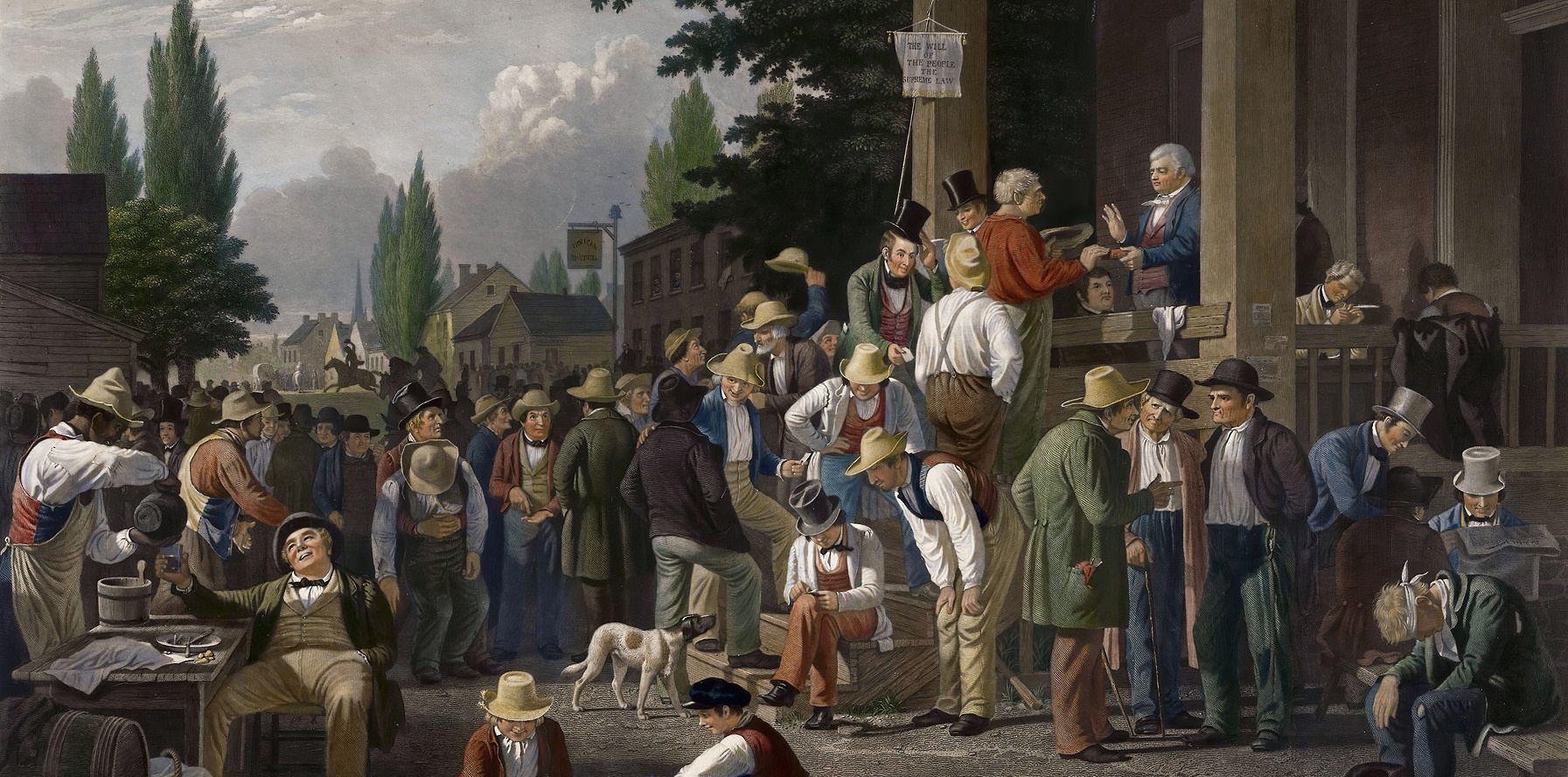
For Politics
by Pericles
4.14.23
Why should we engage in politics? Surely, it is a process that is captured by a vortex of special interest groups, non-governmental organizations, corporations, unions and corrupt officials. But is the entire process intentionally designed to keep out everyone with an interest in promoting a truly Conservative or Christian worldview? Sometimes, but not always.
The best way to think about politics is as a defense mechanism. Should we manage to build a parallel society, it will not last long without political representation in the outside world. It would be extremely easy for government institutions to concoct a pretext to crack down. The powers-that-be could then use that pretext to intimidate, harass, dox, impoverish, and (in some instances) arrest the people attempting to create new institutions. Furthermore, in the event that it might not be optical or may be politically messy, there are myriad non-governmental organizations that can be used to outsource repression—like activist groups, legal societies and media companies.
You will be left completely at the mercy of these groups if you don’t participate in politics. You will have no political representation, thus no ability to effectively defend yourself, and pretty soon you will have no rights. You will be left completely at the mercy of these groups. Without politics, you have no rights. You will have no ability to effectively defend yourself.
The question, then, is what can be done? Can we have any influence in the corrupt, nepotistic, ideologically driven, and utterly incompetent process of modern American politics? We can. The political situation is far, far from hopeless.
For instance, local races are not impossible to win, and those offices may prove invaluable in the future. For example, having a competent local sheriff who is competent at their job and is not overtly hostile to Conservative Christians (due to either cowardice or a personal ideological agenda), would go far in ensuring a parallel society does not face unjust scrutiny from law enforcement. Likewise, depending on the specific community, a friendly mayor or sympathetic city council inclined to respect and protect such a society from unjust interference would be a game-changer.
All that said, the Republican political machines in different cities, counties, and states have varying reliability. Some local parties are hostile to the people they claim to represent, and some are motivated by outright graft and corruption. However those flaws are far from universal. More often than not, most local Republican parties are somewhat apathetic and will work with all kinds of people—including genuine Conservative Christians—so long as they’re the ones showing up and doing good work. While not ideal, that is the current nature of the beast. And waiting for the ideal to happen is almost always fruitless.
We should also remember that because politics is the art of the possible, we should avoid purity-spiraling and be open to cooperation with people who share some, but not necessarily all, of our values. Many involved in Republican politics have compatible sympathies, instincts, and goals. We do not necessarily need champions or ideological paragons. We need representatives and officials who are not corrupt, who are willing to do right by their constituents (which includes us), and who are not willing to play ball with forces that wish to destroy political Conservatives and/or Christians.
Still, it should be said that the current American electoral political system is extremely corrupt and has devoured the ideas and dreams of many. But the same could be said for every political system that has ever existed. As Christians, we tend to idealize the past, particularly the Feudal age in Europe. However, those societies were also wrought with corruption, malice, scandal, ineptitude, and evil.
There always has been and always will be risks and temptations when politics are involved.
The early Christians show us how we should engage with politics in our current system. In the Roman Empire, prior to Constantine, Christians were horribly persecuted. Many of our most important Saints and Martyrs were murdered in vicious and bloody pogroms. The worst of these persecutions were during the reigns of Maximian and Diocletian, who both ruled as co-emperors in the late 3rd and early 4th century. Yet, the reign of Constantine and the 313 A.D. Edict of Milan, which legalized Christianity in the Empire, happened not too long after the persecutions of Diocletian and Maximian. Part of the reason this happened was because the early Christians were involved in the political systems of their day. They worked with what they had to play the long game until they had an emperor who, while not necessarily on the same page in terms of faith, was willing to protect them.
America is a fallen country and we are not going to have any true champions in office anytime soon. We should take this lesson and work with what we have, as Christians did during the pagan times of the Roman Empire.
Lastly, it needs to be noted that political participation is best handled by a small number of people. Politics can be brutal, daunting, and unstable for little tangible payoff in the short-term. While most people should at least be politically aware, being heavily involved is not for everyone. Most people should focus on activities other than electoral politics. It is just as vital that we have artists, musicians, clergy, landlords, business owners, farmers, etc.
Nevertheless there is a point that needs to be driven home: no community will survive long term if there is no, or very limited, involvement in electoral politics.
This article was published under Cincinnati Thought’s Pseudonym Policy.
One Response